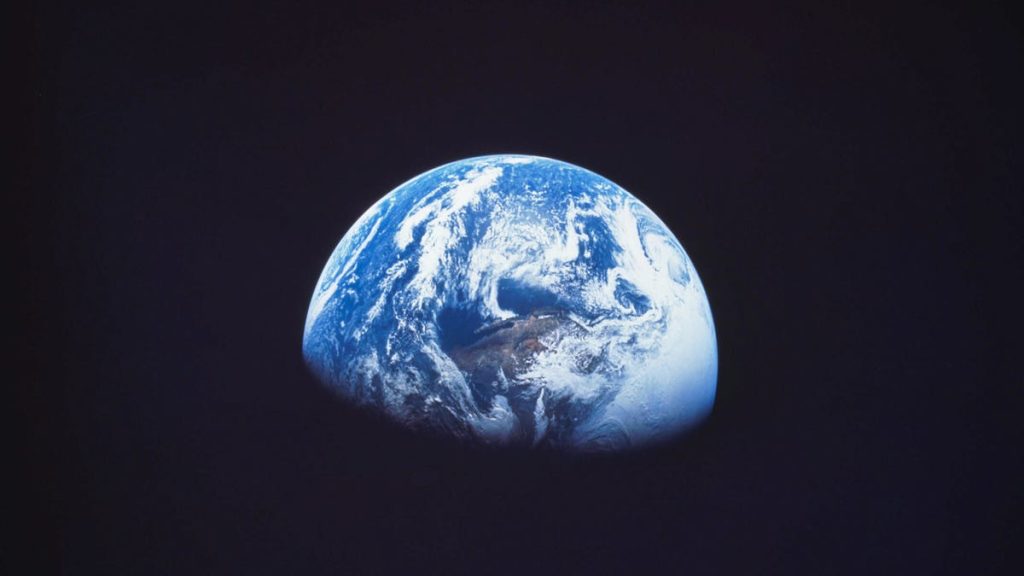The Earth, our home planet, is a dynamic system constantly undergoing subtle yet significant changes. One such change, recently brought to light by scientific research, is the impact of human activities, specifically groundwater pumping, on the Earth’s tilt. Over a 17-year period, from 1993 to 2010, the extraction of a staggering 2,150 gigatons of groundwater has caused the Earth’s rotational axis to shift by approximately 31.5 inches, averaging about 1.8 inches per year. This seemingly small shift underscores the profound impact human actions can have on the planet’s delicate balance. This shift is primarily driven by the immense demand for water for agricultural irrigation, domestic consumption, and industrial processes. The redistribution of this vast amount of water from its natural underground reservoirs to the Earth’s surface and eventually to the oceans is the primary driver of this observed tilt.
The Earth’s axial tilt, currently at approximately 23.5 degrees relative to its orbital plane, is a fundamental factor in dictating our planet’s seasons and the varying lengths of daylight throughout the year. This tilt is not static but subject to variations over geological timescales due to natural factors like gravitational interactions with other celestial bodies. However, the human-induced shift observed in recent decades is significant because it highlights the accelerated rate of change directly attributable to human activities. While the Earth’s tilt has always experienced natural fluctuations, the rate of change observed due to groundwater pumping is unprecedented in recent history, underscoring the significant impact of human activity on the Earth’s system.
The vast majority of groundwater extracted is used for agricultural purposes, primarily irrigation to support crop production. The increasing global demand for food, coupled with unsustainable agricultural practices, has led to excessive groundwater pumping in many regions around the world. In addition to agriculture, domestic and industrial uses contribute to the overall depletion of groundwater resources. The water we use daily for drinking, bathing, and various industrial processes adds to the cumulative effect. This unsustainable practice of extracting groundwater at rates far exceeding natural replenishment rates not only contributes to the Earth’s tilt but also has significant implications for water security and ecosystem health.
The redistribution of groundwater through human activities ultimately leads to the water flowing into the oceans, contributing, albeit modestly, to the observed rise in global sea levels. While the contribution of groundwater pumping to sea level rise is relatively small compared to other factors, it is still a notable consequence of human impact. The primary driver of rising sea levels is the melting of glaciers and polar ice caps, a direct consequence of climate change fueled by the burning of fossil fuels. Both groundwater pumping and the burning of fossil fuels are human activities impacting the planet’s water balance, highlighting the interconnectedness of various environmental challenges.
The research highlighting the link between groundwater pumping and the Earth’s tilt was led by Ki-Weon Seo of Seoul National University and builds upon earlier findings from NASA dating back to 2016. Seo’s research emphasizes the surprising magnitude of the effect of groundwater redistribution on the Earth’s rotational pole. Among various climate-related factors, groundwater redistribution emerges as the largest contributor to the observed drift of the rotational pole. This underscores the importance of considering the broader impact of human activities on Earth’s systems, beyond the immediate and localized effects.
This research has significant implications for our understanding of Earth’s dynamics and the interconnected nature of various Earth systems. It emphasizes the need for sustainable water management practices to mitigate the long-term effects of groundwater depletion on both local and global scales. The observed shift in Earth’s tilt serves as a stark reminder of the unintended consequences of human activities on the delicate balance of our planet, urging a shift towards more responsible and sustainable practices to safeguard the Earth’s future. The research provides critical evidence for policymakers and stakeholders to prioritize sustainable water management strategies and address the growing challenges of groundwater depletion.

